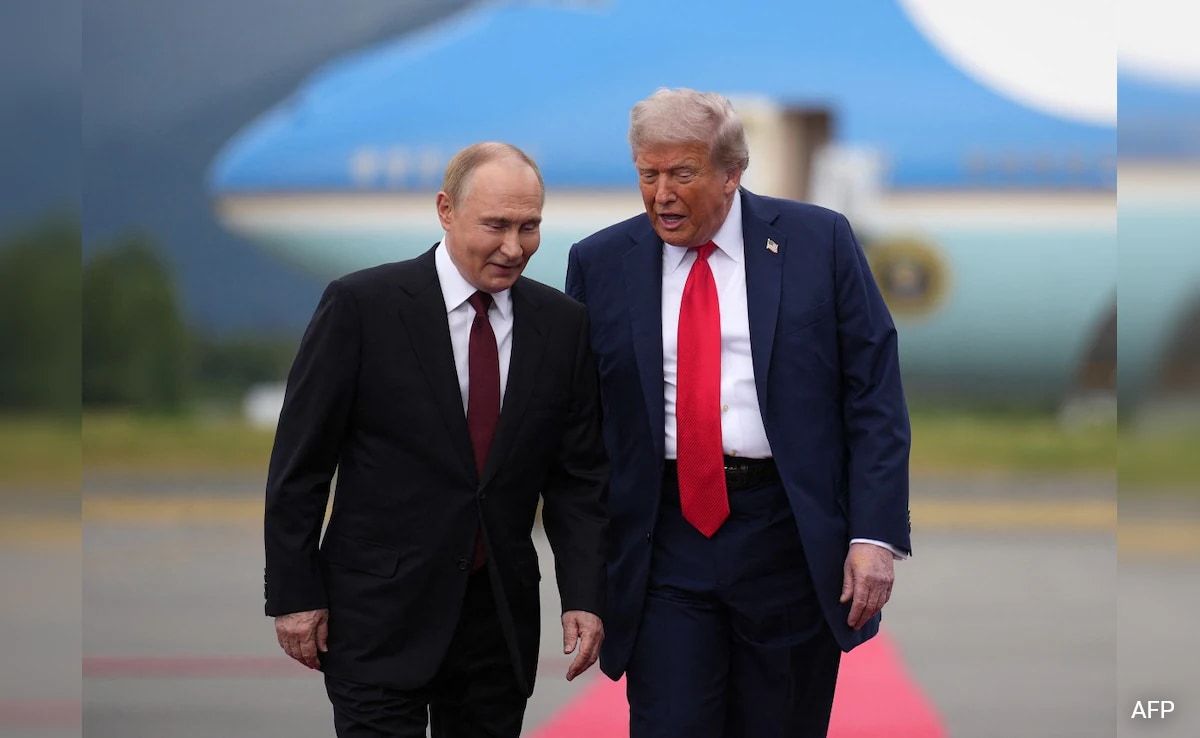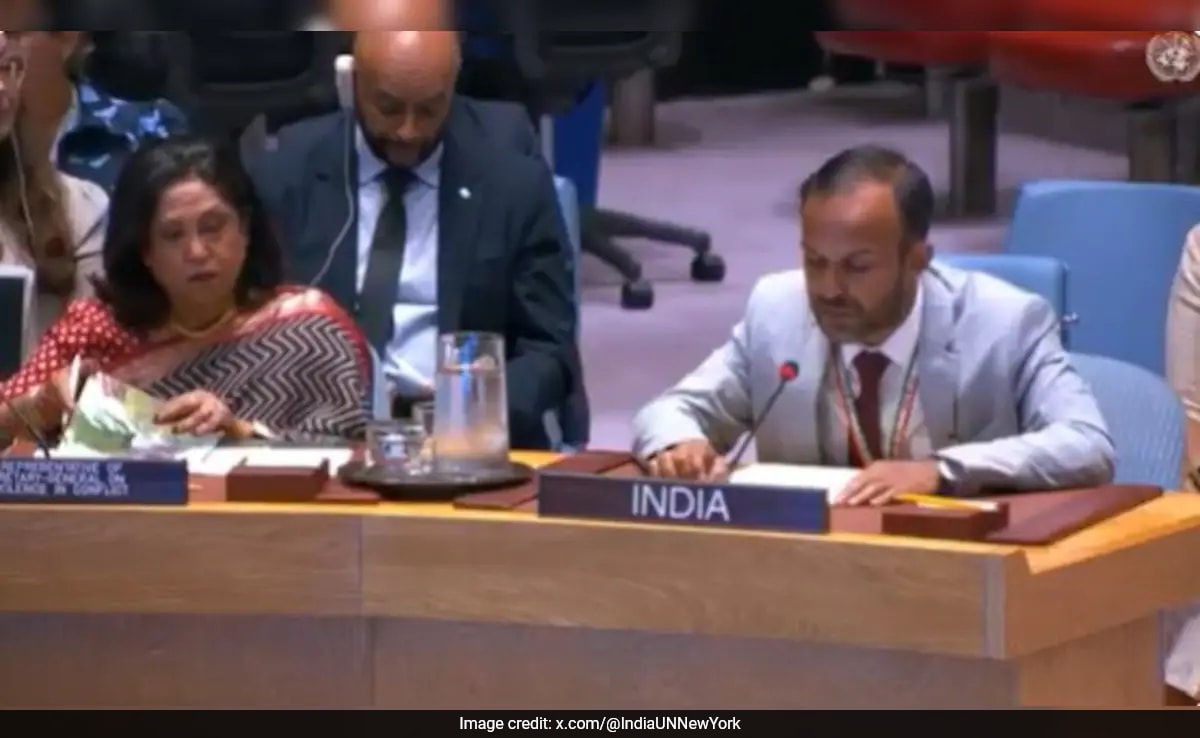None of this yearâs ministerial sessions are dedicated to discussing the rise of China, which Austin has repeatedly said he considers the âpacing threatâ for the U.S. military. But the secretary is planning to raise the issue during several meetings, according to senior defense officials, including discussions about the future of NATOâs deterrence and defense initiatives, and meeting new targets for common funding.
The NATO defense ministers are expected to agree on Thursday to âa new set of capability targets for allies,â Secretary General Jens Stoltenberg told reporters, adding that âwe are in the midst of a transformation of NATO.â
Part of that transformation involves addressing emerging threats and challenges â such as China and artificial intelligence â more directly and comprehensively than NATO has in the past. It also involves updating the allianceâs strategy of contending with threats from Russia, which this week withdrew its diplomatic mission to NATO and plans to shutter the allianceâs facilities in Moscow.
The plan ârecognizes a more 21st century threat and how to deal with it,â British Defense Secretary Ben Wallace told reporters Thursday, according to Reuters.
Austin traveled to Romania, Ukraine and Georgia in advance of the conference this week, to highlight âthe importance of deepening cooperation among our Black Sea Allies and partners to deter and defend against Russian malign activities in the region,â he said during a news conference in Bucharest.
But this year, there is a greater existential challenge facing the alliance: what the partnership should look like in a world after the Afghanistan war.
The matter has taken center stage at the conference, ranking its own ministerial session Thursday, alongside a broader discussion about deterrence and defense.
The Biden administration has faced criticism at home and abroad for the chaotic withdrawal from Afghanistan after a 20-year war. The militaryâs pledges that it retains an âover the horizonâ capability to conduct surveillance and operations against any emerging terrorist threats from outside the country has also been met with skepticism.
Senior defense officials suggested Thursday that part of the discussions at the ministerial meeting will revolve around what capabilities other NATO members will be able to contribute to collective over-the-horizon operations in Afghanistan.
In the last several weeks, there have been several reports that certain NATO states were dissatisfied with the way the United States conducted the withdrawal, complaining that there was not sufficient coordination with the partners that collaborated on the mission for the last two decades.
Speaking to reporters Thursday, Stoltenberg batted down suggestions of discord or that the United States was not forthcoming with allies.
âAfter extensive consultations among all allies we agreed together to end our military presence in Afghanistan,â Stoltenberg said, adding the focus now should be on âlessons learned.â
Nonetheless, there are other tensions among traditionally close allies that will need to be addressed during this yearâs conference. Last month, France briefly recalled its ambassador to the United States over the way the Biden administration sealed a submarine deal with Britain and Australia, that effectively killed a similar deal that Australia had been negotiating with France. Austin is expected to meet one-on-one with the French defense minister, Florence Parly, on Thursday.
.png)











 English (United States) ·
English (United States) ·  Turkish (Turkey) ·
Turkish (Turkey) ·